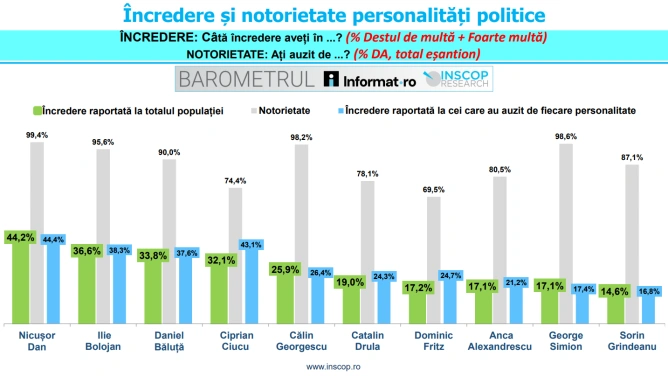
Stockholm/Brussels, November 20, 2025 – The European Centre for Disease Prevention and Control (ECDC) has issued a public health warning, indicating that flu diagnoses are increasing unusually rapidly in EU/EEA countries. The flu season has started three to four weeks earlier compared to the last two years, a concerning dynamic attributed to a new viral strain.
According to the threat assessment published by the European agency, the engine of this early circulation is a newly emerged flu strain, identified as A(H3N2) subclade K. In this context, ECDC urges all eligible individuals, especially those in vulnerable groups, to get vaccinated without delay.
We are seeing an increase in flu detections much earlier than usual this year, and that means time is critical
said Edoardo Colzani, head of the respiratory viruses section at ECDC. The official emphasized that immediate vaccination remains one of the most effective methods of protection against severe forms of the disease this winter.
Although there are still uncertainties regarding the overall impact on public health, ECDC is preparing for the scenario of a flu season more severe than previous ones. Experts warn that a higher number of infections than usual, combined with a low vaccination rate, could add significant additional pressure on European health systems.
ECDC's strong recommendations primarily target individuals at high risk of developing severe forms: those over 65 years old, pregnant women, individuals with chronic or immunocompromised conditions, and residents of long-term care facilities. Vaccination is also crucial for healthcare workers. The agency has advised healthcare providers to consider the prompt administration of antivirals to at-risk patients and to strengthen prevention measures, including the use of masks, in healthcare settings.














.webp)






